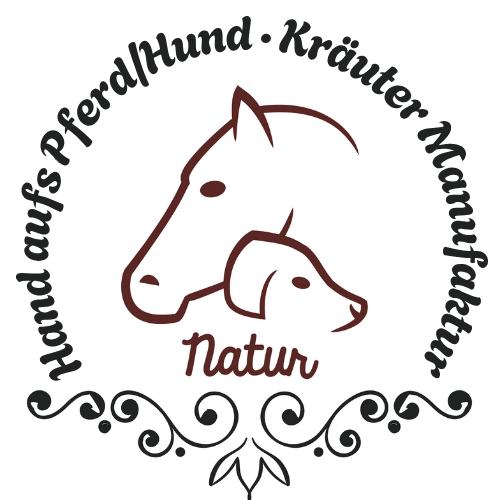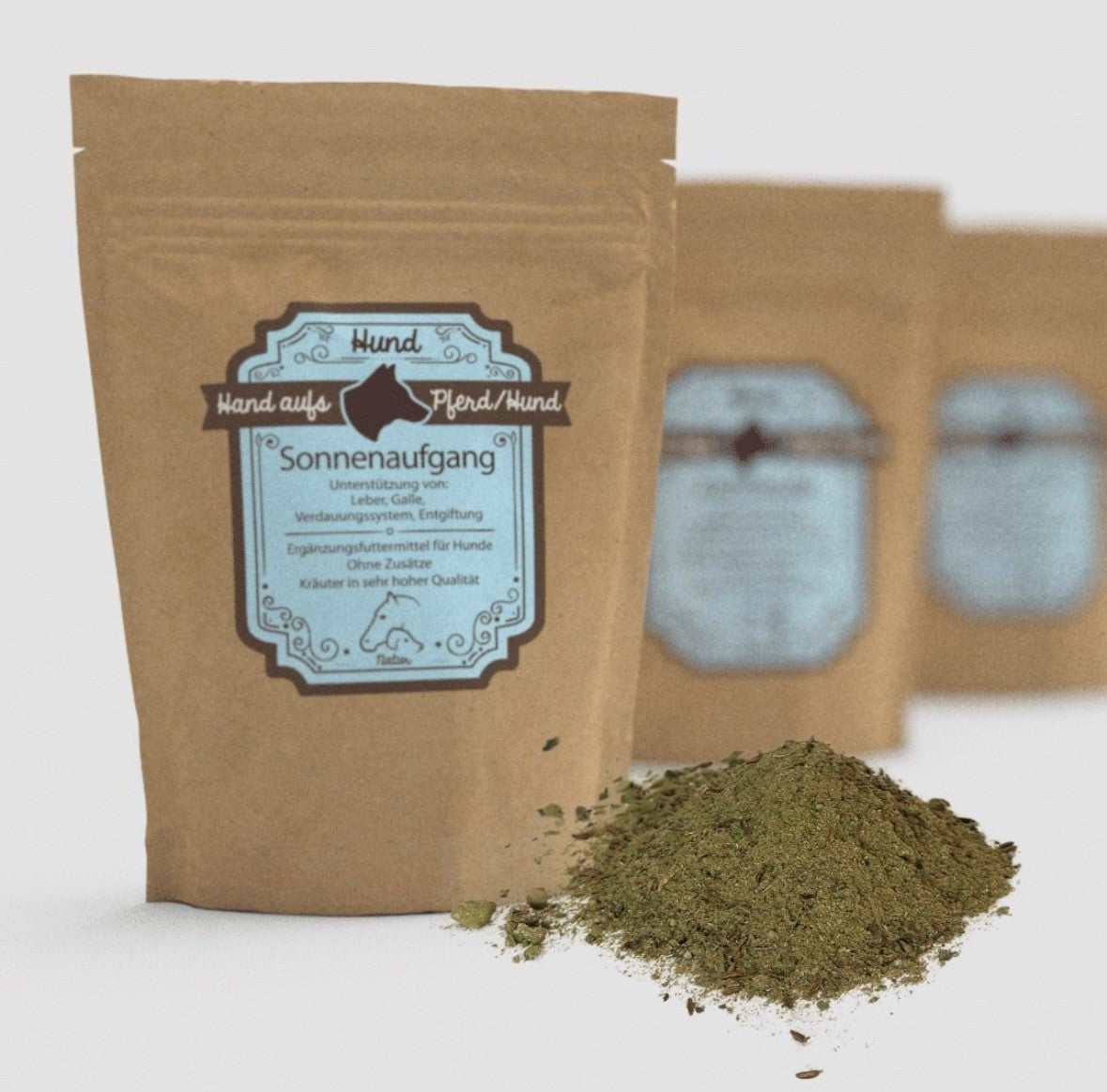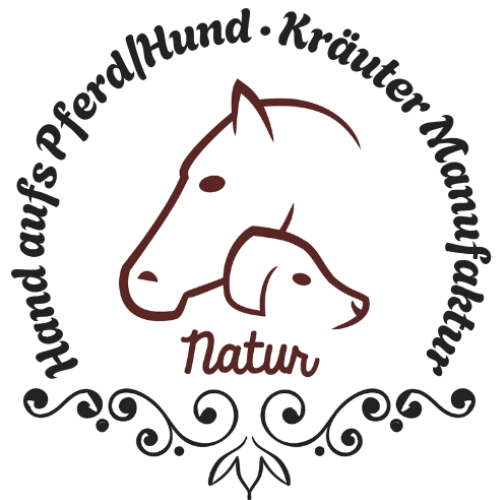Dogs that eat grass are doing themselves good!
There is one thing that is close to my heart and must be said out of love for dogs!
There is now a real hype about dogs eating grass.
Every start-up advertises with this campaign how dangerous the symptom of “eating grass” is – it would supposedly Intestinal inflammation behind it!
But:
In reality, eating grass is a natural cleaning process in gastrointestinal tract your dog.
Your dog instinctively eats grass – just as he does many things instinctively .
So: As long as your dog doesn't mow an entire meadow, you don't have to worry.
Let him eat grass!
Why does my dog eat grass? Is it a natural gastrointestinal cleanse?
Have you ever wondered why your dog keeps gnawing at grass?
If you have a four-legged friend who loves to slide across the meadow and enjoy the occasional blade of grass, you are not alone!
Many dog owners ask themselves the questions:
“Is this normal?”
“Should I be worried?”
First of all: Yes, it's completely normal!
Dogs eat grass for various reasons, and one of the most common is to Support gastrointestinal health .
What happens in the body when your dog eats grass?
A little grass can help:
- to calm the stomach
- stimulate digestion
- to excrete any indigestible substances more quickly
Maybe your dog has a slight stomach upset or has simply eaten too much.
In nature, many animals tend to consume plants to to promote their digestion or to cleanse their body.
Nutrient absorption through grass?
There are also some theories that dogs eat grass to Nutrients to record.
Grasses contain Fiber , which can aid digestion.
So if your dog occasionally nibbles on a straw, it could be that he is Boost nutrient intake want.
And who could blame him? After all, a balanced diet is important for our furry friends too!
Or is it just boredom?
Another reason why your dog eats grass could simply be Boredom or curiosity be.
Dogs are naturally curious creatures and often explore their surroundings through taste and smell.
So if your dog suddenly feels the need to eat a bit of grass while out for a walk, it could simply be his way of exploring the world around him.
Important: Pay attention to treated surfaces!
But be careful: there are also risks!
Make sure that the grass your dog eats not treated with chemicals became.
❌ Pesticides and fertilizers can be very harmful.
✅ Make sure your dog sniffs and nibbles in safe areas.
When should you pay attention?
If you notice that your dog:
- eats excessive amounts of grass
- regularly vomits after eating grass
- additionally shows other symptoms (e.g. diarrhea, apathy)
… then a gentle support make sense.
Our intestinal herbs help very well in such cases:
They soothe the digestive tract and support your dog's natural self-regulation.
Eating grass is usually completely okay – and even healthy!
So the next time you see your dog happily eating a straw, don't worry .
In many cases, it is completely normal behavior that helps him feel better – or simply satisfies his curiosity.
Nevertheless, the following applies:
If your dog eats excessive amounts of grass and also vomits or has other complaints,
then we recommend you to visit a veterinarian and our intestinal herbs to feed.
FAQ – Grass eating in dogs: natural or pathological?
1. Is it normal for my dog to eat grass?
Yes, completely normal! Many dogs occasionally eat grass. This is usually an instinctive behavior that serves as a natural gastrointestinal cleansing and does not pose any immediate health problems.
2. Why does my dog eat grass?
Eating grass can have various reasons: cleansing the digestive system, supporting stomach function, consuming fiber, or simply out of curiosity and boredom. Your dog instinctively knows what's good for him.
3. Does eating grass mean my dog is sick?
Not necessarily. Eating grass is safe in most cases. However, if your dog is vomiting, has diarrhea, or is eating excessively, you should monitor his gastrointestinal tract more closely or consult your veterinarian.
4. Can grass harm my dog?
Grass itself is not harmful, but it becomes dangerous when it is mixed with Pesticides, fertilizers or other chemicals treated. When walking your dog, pay attention to where he eats.
5. Why does my dog vomit after eating grass?
Occasional vomiting after eating grass is part of the stomach's natural self-cleansing process—especially if your dog has eaten something spoiled or is feeling unwell. If it happens regularly, a veterinarian should be consulted.
6. How much grass is still “normal”?
As long as your dog doesn’t by the kilo If your dog eats grass or does it compulsively, you don't need to worry. A few blades of grass on a walk are perfectly fine.
7. What can I do if my dog keeps eating grass?
If your dog eats excessive amounts of grass or it causes discomfort, natural support with intestinal herbs These can be useful. They promote digestion and gently soothe the stomach.
8. Can grass help my dog with stomach problems?
Yes. Dogs instinctively use grass to relieve stomach problems—such as nausea or mild bloating. It stimulates digestion and can help get rid of hair or indigestible debris.
9. Is there a connection between grass eating and nutrient deficiencies?
Possibly. Some theories suggest that dogs eat grass to get fiber or to absorb missing nutrients. A balanced diet with high-quality ingredients is therefore important.
10. Should I forbid my dog from eating grass?
No, as long as it's done in moderation and the grass isn't contaminated with toxins. Eating grass is a natural process and often even beneficial to your dog's health.
11. Is eating grass a sign of boredom?
In some cases, yes. Young dogs or those who aren't getting enough exercise are especially likely to nibble on grass out of curiosity or boredom. More exercise, mental stimulation, and varied walks can help.
12. What alternatives are there to eating grass?
If your dog eats grass to regulate his digestion, you can natural dietary supplements like ours intestinal herbs Fiber-rich vegetables (e.g., carrots) can also provide an alternative.
Source: Martina Hemm June 2025




